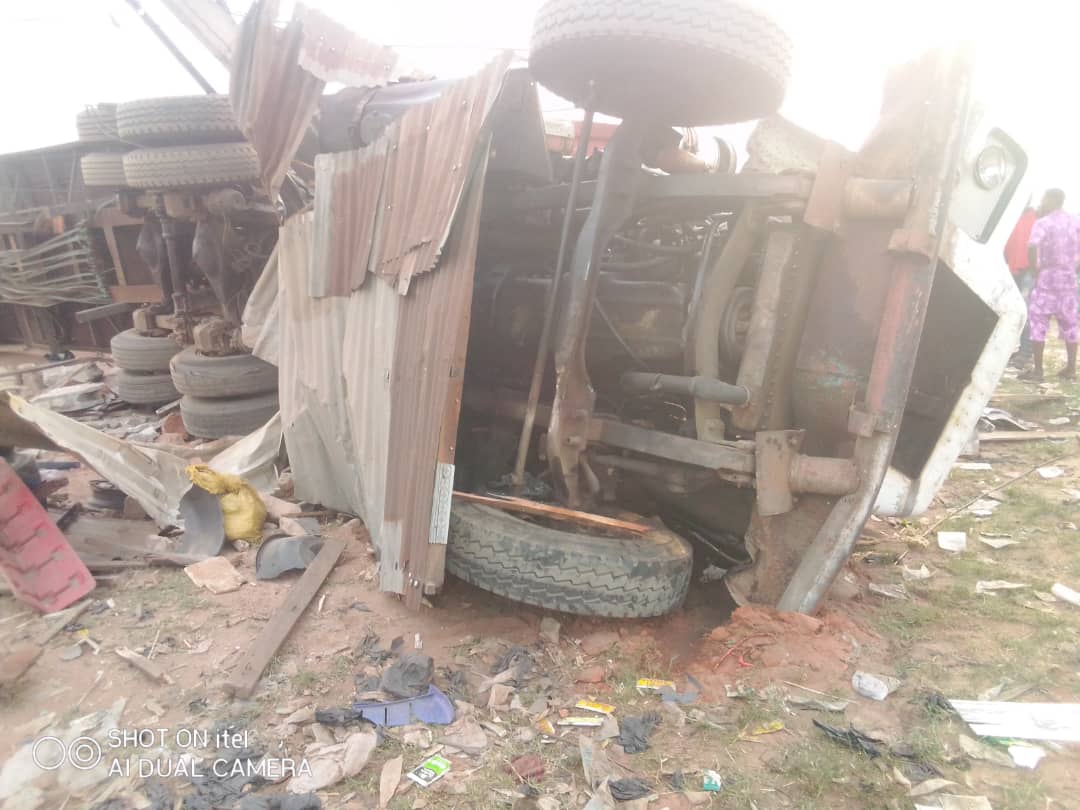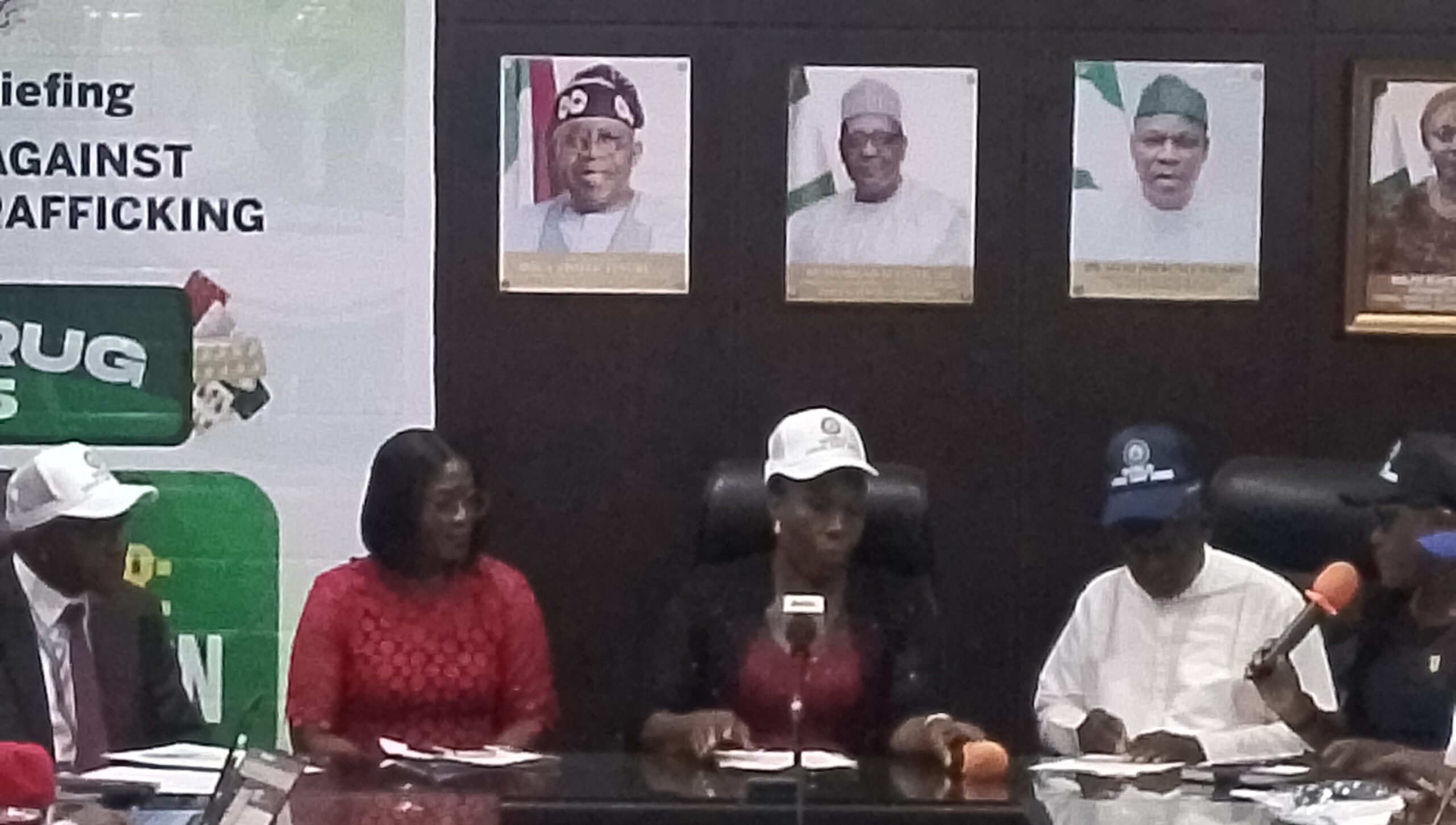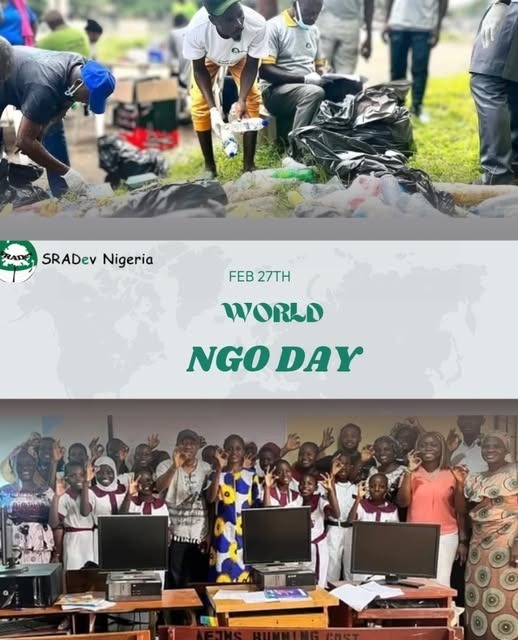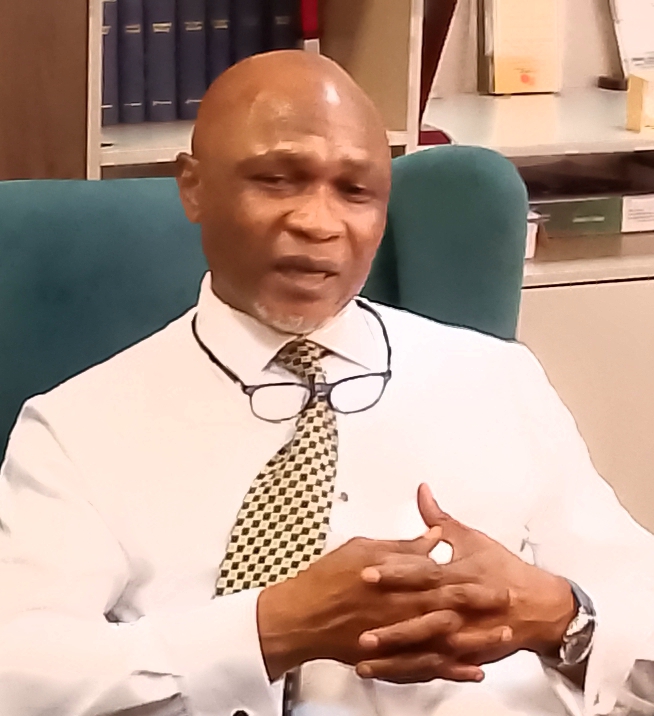FG Unveils Strategic Roadmap to Harness Critical Minerals for Energy Transition Targets Investments, Job Creation, Global Competitiveness in Clean Energy Economy
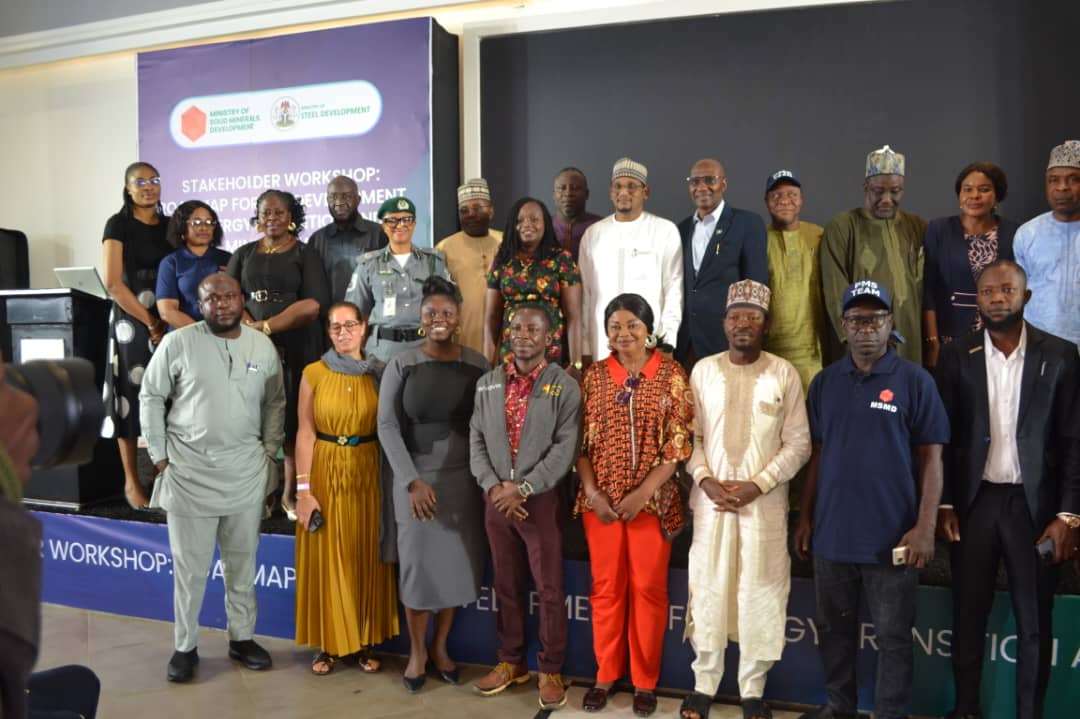
By Fatima Saka
ABUJA — The Federal Government has launched a renewed roadmap to develop Nigeria’s energy transition and critical minerals value chain, positioning the country as a competitive player in the emerging global clean energy economy.
Minister of Solid Minerals Development, Dr. Dele Alake, represented by the ministry’s Permanent Secretary, Engr. Faruk Yusuf Yabo, disclosed this while declaring open a two-day Stakeholders’ Workshop in Abuja. The roadmap, he said, aims to attract investments, boost industrialisation, build energy infrastructure, and ensure mining benefits flow equitably to communities.

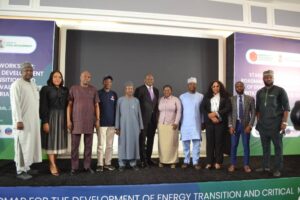
“This is a strategic milestone in harnessing the immense potential of our mineral resources sustainably,” Alake stated, stressing that demand for lithium, rare earth elements, and other minerals is soaring worldwide due to the growth of solar, wind, and electric vehicle technologies.
The roadmap’s priorities include: “Developing the entire mineral value chain from exploration to utilisation.
“Strengthening governance, security, and environmental compliance.
“Supporting artisanal miners while expanding large-scale operations.and
“Aligning with continental frameworks like the African Mining Vision.”
Historical insights presented by Nigeria Mining Cadastre Office DG, Engr. Obadiah Nkom, highlighted mining’s deep roots in Nigeria, dating back to 1902, and outlined the challenges before the 2016 roadmap,including weak policies, inadequate data, and underdeveloped industrial linkages.
Value-addition projects have already taken shape, with a $100 million lithium battery plant in Nasarawa (4,000 tons daily capacity, 4,000 jobs) and a $600 million lithium plant near the Kaduna-Niger border nearing commissioning.
READ ALSO: Health Ministry Honors Retired Workers, Assures Continuous Support Of Welfare’s
FG Weighs N3.6 Trillion Bill for Third Mainland Bridge Overhaul
World Bank representatives at the workshop warned that the energy transition could drive global demand for critical minerals up by 500% by 2050, with Nigeria well-placed to supply lithium, tin, niobium, tantalum, manganese, iron ore, and zinc. They cautioned, however, that the window to secure Nigeria’s place in the global supply chain is narrowing as other nations move quickly.
The workshop drew participation from federal and state officials, mining CEOs, community leaders, academia, and development partners, culminating in technical deliberations on actionable steps to fast-track implementations.


